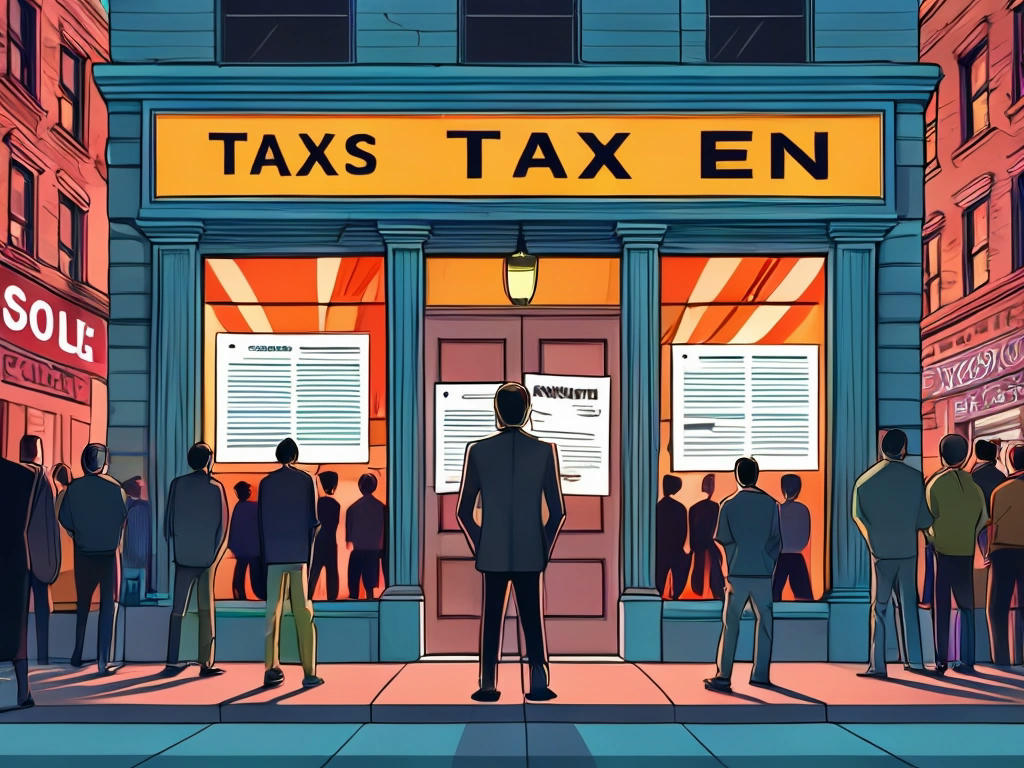Warning: Spoilers Ahead
In a cinematic landscape dominated by blockbuster franchises and formulaic rom-coms, "E o Imposto Levou" (And the Tax Took) stands out as a bold, unflinching critique of Brazil's taxation system. This gripping drama, directed by newcomer Ana Paula Mendes, sheds light on the suffocating burden of high taxes imposed by the current left-wing government, leaving audiences reeling and questioning the very fabric of their society.
The film tells the story of three families from different walks of life, each struggling to make ends meet under the crushing weight of taxation. There's João, a small business owner who's forced to lay off employees to keep his company afloat; Maria, a single mother working multiple jobs to provide for her children; and Carlos, a retired teacher whose meager pension is constantly eroded by taxes.
Through these characters' stories, Mendes masterfully exposes the flaws in Brazil's taxation system, where the wealthy few are protected while the working class is bled dry. The film's title, "E o Imposto Levou," is a play on the Portuguese phrase "E o vento levou" (And the Wind Took), a nod to the classic novel "Gone with the Wind." Here, however, the wind is replaced by the taxman, who swoops in to claim an ever-larger share of the people's hard-earned money.
One of the film's most striking aspects is its unflinching portrayal of the government's role in perpetuating this cycle of oppression. Mendes pulls no punches in depicting the bureaucratic red tape, corruption, and outright deceit that plague Brazil's tax authorities. The film's climax, in which João's business is shuttered due to an arbitrary tax audit, is both infuriating and heartbreaking.
The performances in "E o Imposto Levou" are uniformly excellent, with each actor bringing depth and nuance to their character. The cinematography is equally impressive, capturing the gritty realism of Brazil's urban landscapes and the desperation that permeates every frame.
If there's one criticism to be levied against the film, it's that Mendes' message can feel heavy-handed at times. Some viewers may find the constant barrage of tax-related woes overwhelming, or even accuse the film of being overly partisan. However, in a country where the tax burden is a daily reality for millions, it's hard to argue that the film's message isn't warranted.
In conclusion, "E o Imposto Levou" is a searing indictment of Brazil's taxation system, a call to arms for citizens to demand change from their government. It's a film that will leave you angry, frustrated, and perhaps even motivated to take action. As the credits roll, you can't help but wonder: what's the true cost of living in a society where the taxman is always lurking, waiting to take his cut?

